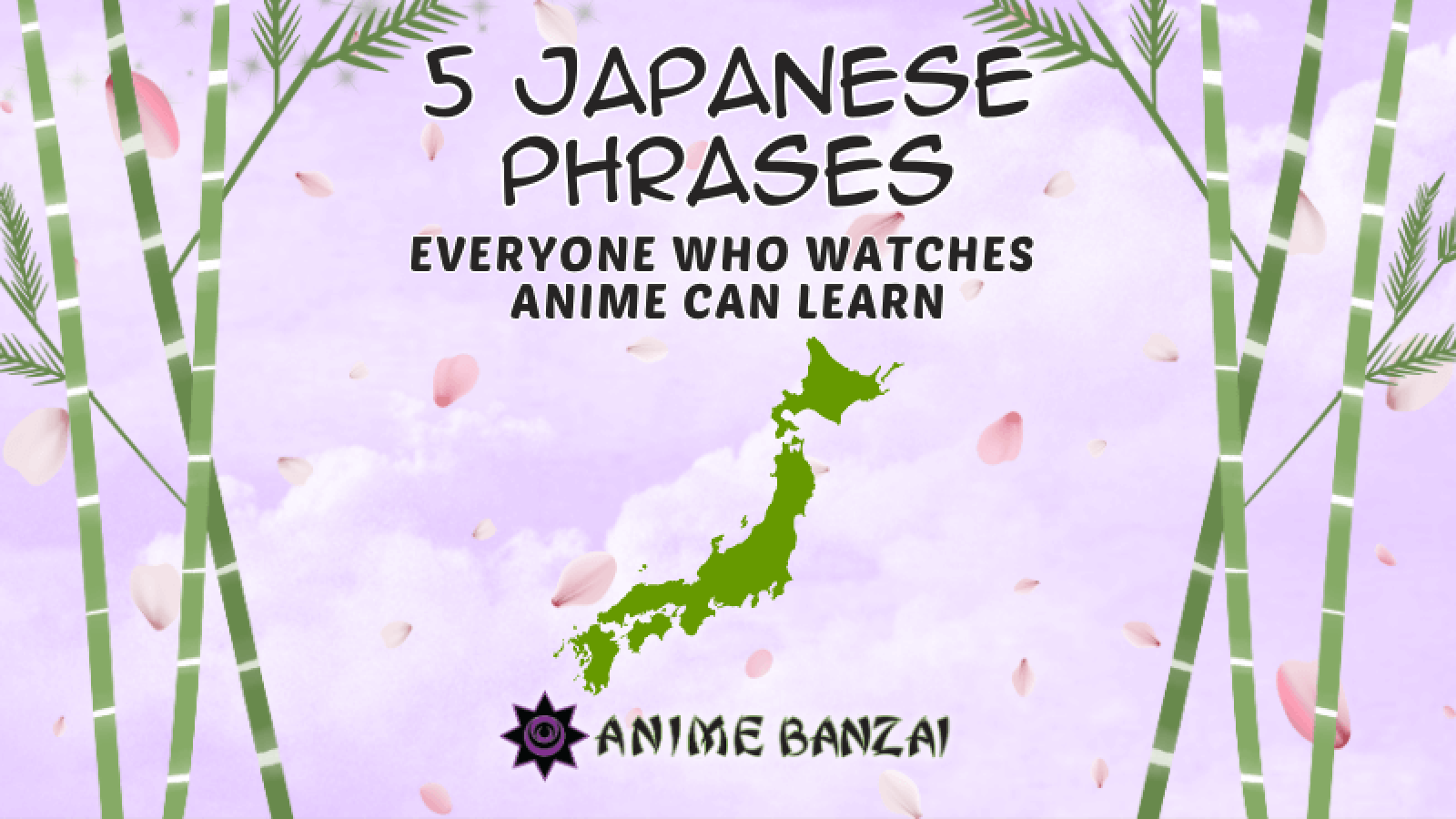As anime enthusiasts, we often find ourselves repeating certain Japanese phrases. Many have become iconic within the anime community. We gathered 5 common Japanese phrases used in anime. We’ve included their English translations and the cultural context behind them.
Learning these phrases will enhance your anime-watching experience. Plus, it also provides a deeper understanding of Japanese culture.
1. おはようございます – Ohayou gozaimasu – Good morning
Japanese culture places great importance on politeness and respect. Starting the day with a cheerful “Ohayou gozaimasu” reflects this aspect of Japanese etiquette. “Ohayou” can also translate to “hi,” or “hello,” regardless of the time of day.
2. いただきます – Itadakimasu – Let’s eat
Before enjoying a meal, Japanese people often say “Itadakimasu” as an expression of gratitude for the food and the efforts put into preparing it. It’s also commonly said in many slice-of-life-anime since eating is a big part of living.
3. いいえ – Iie – No
“Iie” is a simple yet powerful word used to decline something or negate a statement. In Japanese culture, being polite and considerate in conversations is highly valued.
4. すみません – Sumimasen – Excuse me/I’m sorry
“Sumimasen” is a multipurpose phrase used to apologize, get someone’s attention, or ask for forgiveness. Navigate social situations with grace by understanding and using this phrase. You also show consideration for others.
5. 楽しいですね – Tanoshii desu ne – It’s fun, isn’t it?
This phrase encapsulates the excitement and joy experienced while watching anime. Plus, isn’t it fun to learn a new language? We think so!
Remember, that not everything you hear in Japanese anime is right in every situation. While you’ll hear these common phrases remember watching anime doesn’t make you fluent! You won’t learn about all the rich history and culture of Japan and the Japanese language from anime. Take a formal class or talk to a Japanese person to learn more!

